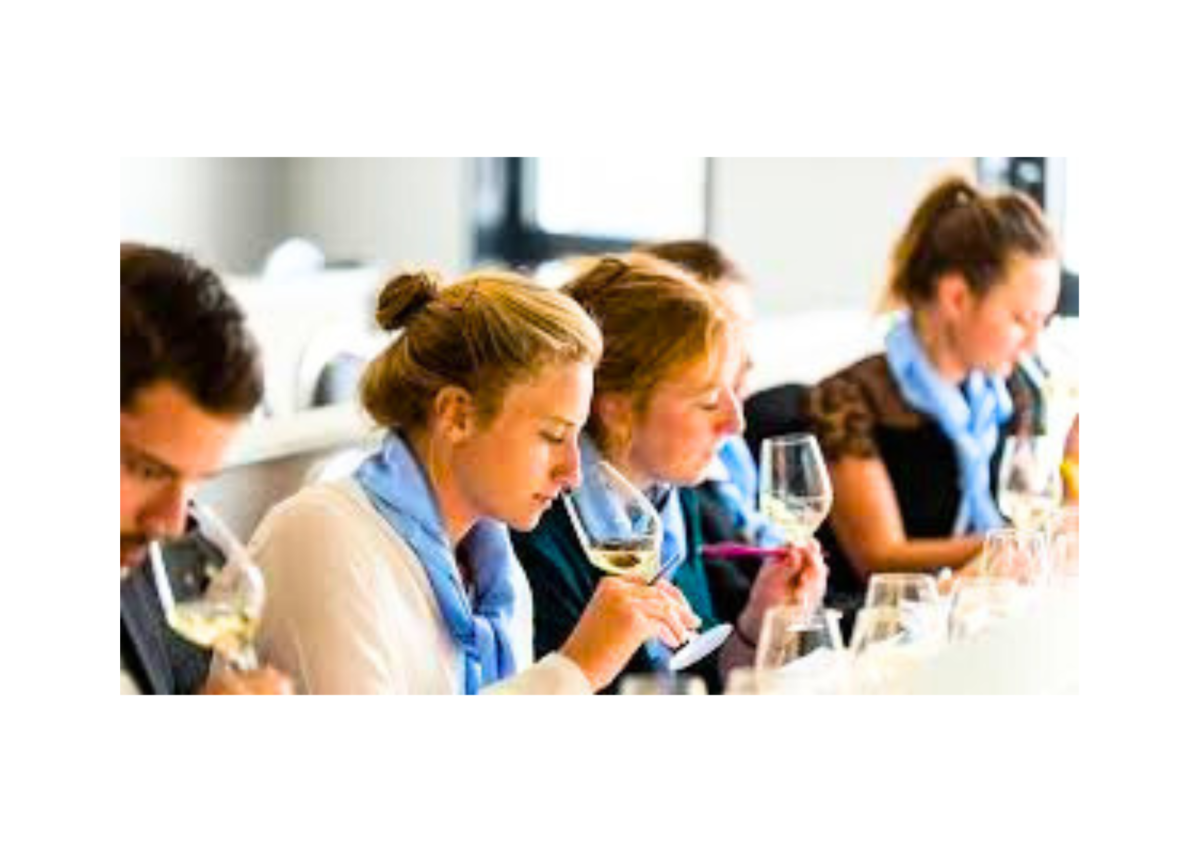Scientists prove that drinking good wine will make you happier, with the effect being further enhanced if you listened to jazz.
The National Researcg Council of Italy study reported March 5th, 2024 (in the Journal of the Science of Food and Agriculture) can good wine impact the “pleasantness” of an experience.
A trial was undertaken at the 2022 edition of the Internet Festival in Pisa, Italy, where a social experiment with a reliable methodology, through wearable sensors, measured the emotions aroused in a live context on consumers by different kinds of wines.
Five wines were trialed, two of which the scientists described as “faulty” and three which were high-quality samples, on 50 consumers in an “arousing context” with live jazz music in the background.
Both explicit results through questionnaires and implicit results through electrocardiogram (ECG) recorded by the wearable sensors were recorded.
According to the research findings, study author Dr Lucia Billeci, of the National Research Council of Italy said wine “undoubtedly generates a significant emotional response on consumers” and that an answer is “multifaceted and attributable to the quality level of the wine tasted”.
The findings also state: “In fact, all things being equal, while drinking wine even untrained consumers can perfectly recognise good wines compared to products of lower quality.” and “High-quality wines are able to induce a spectrum of positive emotions, as observed by the analysis of ECG signals, especially when they are coupled with background music.”
In conclusion, the scientists reported that the framework, “certainly played to the advantage of good-quality wines” and produced “positive emotional characteristics on the palate even of some less experienced consumers”.
In addition it said there was a “dragging effect” towards a positive mood, which was generated by the surrounding conditions, i.e. good music in a beautiful location.
Link to Research:
https://pubmed.ncbi.nlm.nih.gov/38441204/

